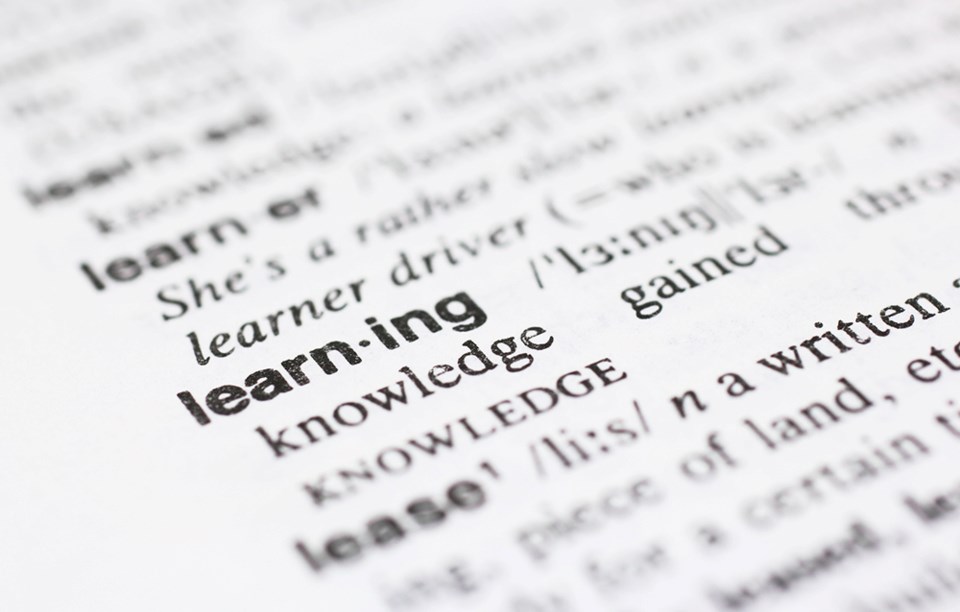I am a self-admitted word geek. When my online dictionary’s “word of the day” is unfamiliar, my heart rate slightly accelerates as I click toward its meaning and phonologic quality.
I love how words sound when chosen and arranged for their auditory form, from the flowing, thumping musicality of current rap music to the iambic pentameter of Shakespeare’s ageless plays. Words can be the dynamite that releases a flood of frothing anger or the perfectly familiar blanket that soothes a jagged, shaken soul.
Words shape our reality and our reality shapes words. They start as an impulse, swimming somewhere in the neuro-chemical networks of our brain. We interpret, analyze, predict, instigate and react with words.
Words can be expressed in silence, like sign language for the deaf community or braille for visually impaired, or ingeniously interfaced with technology to give a voice to folks with certain physical or intellectual disabilities.
Words don’t have to be written to be words.
Globally, most of the oral traditions of First Nations are sacred links to their ancestor’s world and wisdom, information handed through millennia that help shape identity and place in the conscious world.
In the traditional sense: words don’t have to be words to be words. Like individual rain drops in a bucket, words accumulate together to make our diverse stories.
When mental illness or addiction are a dominant force in life, sometimes, we are not the authors of own story. Illness and addiction aggressively grab the keyboard and tap out inaccurate, deceptive words and phrases. Everyone is misled; it’s a mean-spirited lie told with cold indifference. Too often, it’s not the real story.
How do we retake or, for the first time take, authorship of our continuously unfolding autobiography?
Genetic predisposition and the environmental influences, like childhood trauma, are invisible but heavily influential factors in the equation.
If we are fortunate somewhere along the way, there is someone, or something to lead us toward the awareness that there are choices in who writes our stories.
Maybe the first step to being able to tell your own tale is to accept it likely cannot, or will not, happen without other people. Otherwise, it seems like a hill too steep to climb. People such as psychiatrists, behavioural therapists, social workers and counsellors in our community offer direction toward owning the copyright of your individual script.
Cognitive-behavioural therapy (CBT) is a basic starting point toward claiming, or reclaiming your story. CBT research says we, as individuals, are a collection of our past experiences, thoughts and beliefs. From a combination of these influences, the things we do happen: good, bad and or ugly.
Peeling back a layer and peeking under the surface uncovers a subtle feedback loop of cognitive cause and effect that can, with purposeful intervention, be interrupted. Subtle rewards start to accumulate and influence action in a positive way. A reward can be as simple as having more energy in the morning or an unexpected kind word from a stranger.
From a baby’s celebrated first words to our last words, words are the raw material for our individual stories. If we are able to take control of own narrative it ceases to be fiction and becomes a true story.
Robert Skender is a qathet region freelance writer and health commentator.
Join the Peak's email list for the top headlines right in your inbox Monday to Friday.



